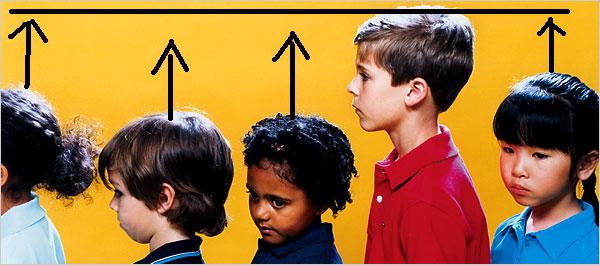
It is called “redshirting.” Perhaps you have heard of it.
“Redshirting for young children refers to the practice of postponing entrance into kindergarten of age-eligible children in order to allow extra time for socioemotional, intellectual, or physical growth. This occurs most frequently where children’s birthdays are so close to the cut-off dates that they are very likely to be among the youngest in their kindergarten class.” (Wikipedia)
It’s almost the end of the school year, so the conversation is to be had now. I discussed redshirting on Global TV yesterday morning.
In simpler terms, ‘redshirting kindergarten’ is holding you child back one extra year before sending them to kindergarten. Instead of entering kindergarten as a 5 year old, if your child is on the cusp of the grade cutoff, that is, one of the youngest children in the grade, you would hold him or her back one year, and he or she would enter kindergarten as a larger, more developed, 6 year old.
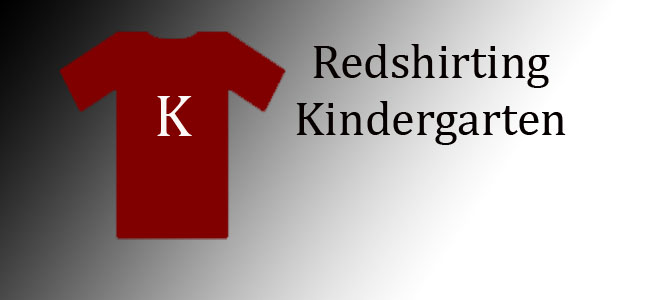
THE ADVANTAGE
The debate is an old one. But there is much talk lately around the redshirting debate. Parents are holding their kids back at record numbers, often to give their child a competitive advantage over their peers. It’s the slight competitive edge that they get as the oldest child in the grade vs. being the youngest in their grade, when pitted against their classmates. They would be among the oldest and biggest in their classrooms… and on the sports fields.
THE THEORY
The theory goes back to 2008, the year of The Outliers. Malcolm Gladwell, famous for his work in this arena, and author of one of my favorite books, The Outliers, discussed the cold hard facts a couple of years ago on a 60 Minutes segment. He explained, for example, a very significant number of NHL hockey players are born in January, February and March- the closest to the January 1st NHL cutoff date, and therefore the oldest in their hockey year. He claims there is no coincidence… the older kids are bigger, faster, better and more physically and emotionally developed. Their age and size give them an advantage over the other players, which then slots them more frequently in the AAA teams. They then receive more ice time, better training, better coaching, and they are groomed at an overall far superior level than their younger peers. Gladwell claims this difference makes all the difference, and this advantage follows them year after year, even in academics. It is quite striking to see the stats on paper. Wayne Gretzky, and most hockey greats, are born in the 1st quarter of the year. Makes ya wonder.
To further explain my point, you can the CSB segment from 2012. The studies are astounding. http://www.cbsnews.com/news/redshirting-holding-kids-back-from-kindergarten-04-03-2012/
You see, I have a child who is relevant to the discussion. Born right at the cutoff, the youngest in the grade, and a boy, to boot. As he entered preschool at three, then preschool again at four, then kindergarten at five, my husband and I asked the professionals the same question every year, “Do we hold him back? Is he ready?” We had no interest in giving him a competitive advantage over his peers, we wanted to make sure he could keep up socially, emotionally and academically. They gave us the same answer every year, “While perhaps he is a little less socially mature than his peers at the beginning of the school year, he is one of our brightest students in the class, so we feel if you hold him back, you will be doing him a great disservice academically. He will be bored and unchallenged.”
And so we listened. And we sent his with his grade. We didn’t hold him back at all.
Did we make the right decision? Who knows? Had we held him back, would he have been even more confident? Maybe. Would he have excelled even more at sports being the oldest? Perhaps. Would he have been smarter in school? Doubtful. Would he have had a better advantage in LIFE? We’ll never know. What we do know, is he’s thriving and happy socially, academically and otherwise, and we have never looked back. But parents are doing whatever it takes to make sure their kids DO have that life advantage. And believe me, I do get it.
THE WORRY
Some parents and experts worry about the academic and social impact on kids who enter school on time and in their correct school year, but end up being surrounded by so many younger, redshirted peers. Another concern is about the challenge teachers may face while trying to streamline a curriculum when there’s such a wide age range in the class. This trend which has started to catch on in Canada (especially Western Canada), is still very much an “American” thing—this notion that life is about dominating your competition from the earliest possible age.” (CanadianFamily.ca).
SO WHAT’S THE SCIENCE TELLING US?
In a nutshell, there’s a huge benefit when you’re younger, but that shrinks to something a little more negligible in high school.
There are some studies which told us that older children were more likely to take on leadership roles (captain of their sports team, for example), and that younger students were not as highly represented percentage wise in the more advanced high school classes, but experts are warning that while the numbers may appear conclusive, there’s still no evidence that redshirting your child will reap the positive long terms results parents are hoping for.
My nutshell option? Parenting doesn’t come with a manual and therefore I think gut instinct and intuition play a huge role in parenting. As do your teachers and educators in helping you make the right decision for your child, if they fall into this category.
So my question today is to get your view on the debate. Would you redshirt your child to give them an advantage on what some claim, is a life advantage that carries far past kindergarten? Have you redshirted your child? Did you opt out like I did? Are you on the fence? I’d love your side on this debate.

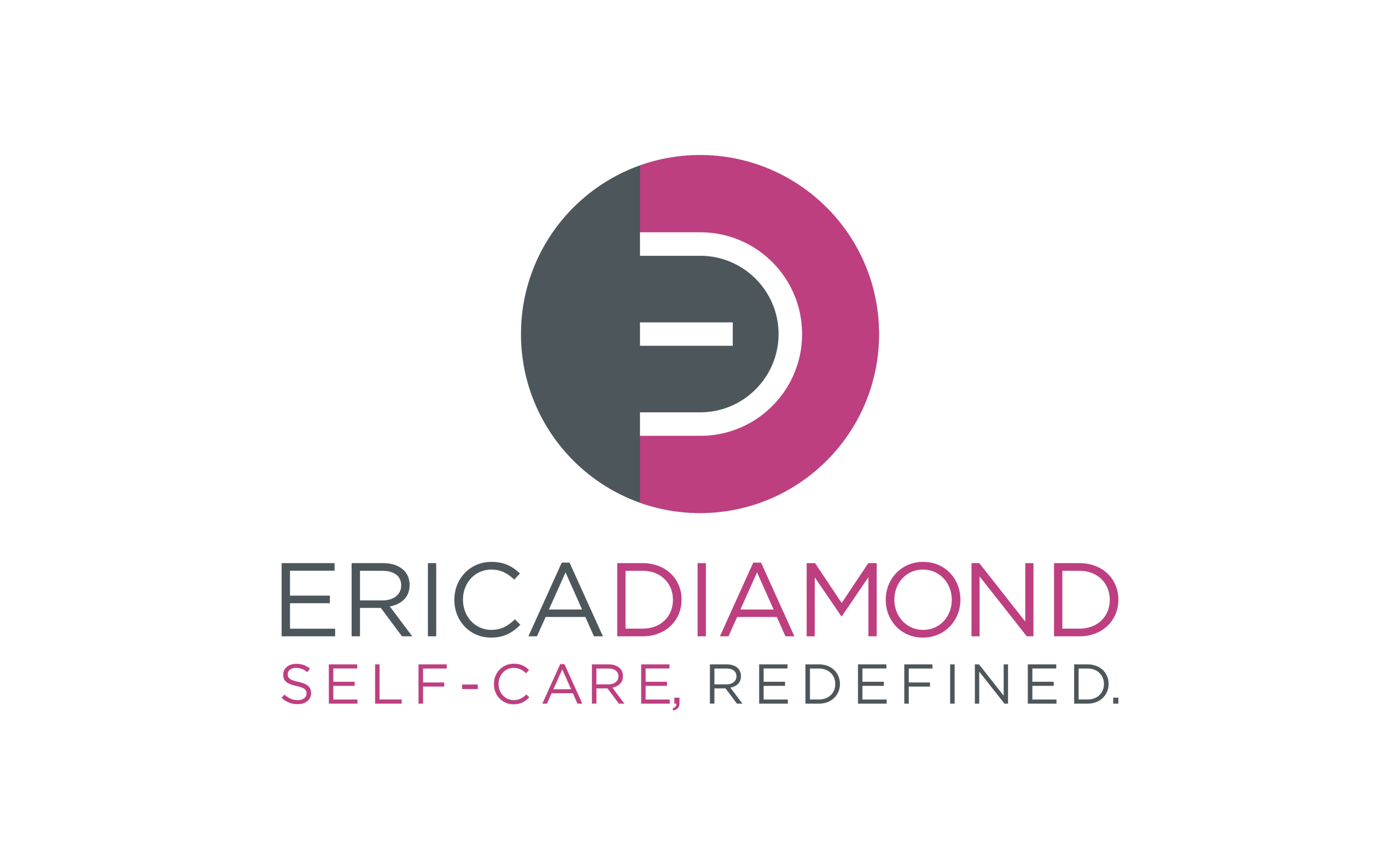
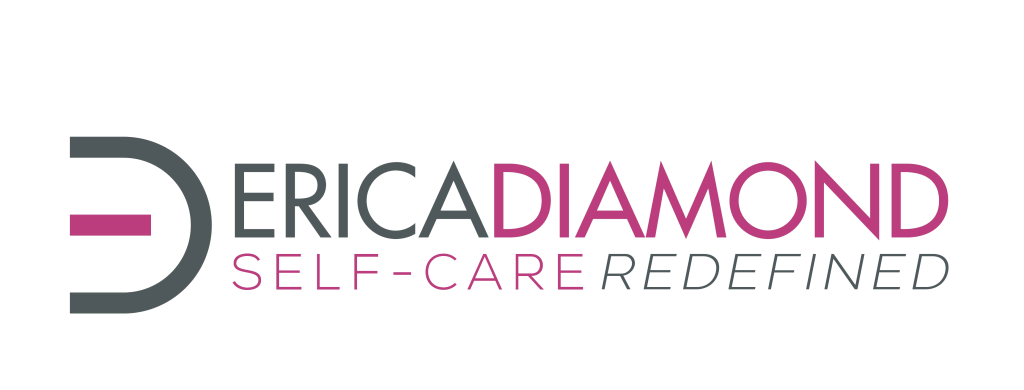
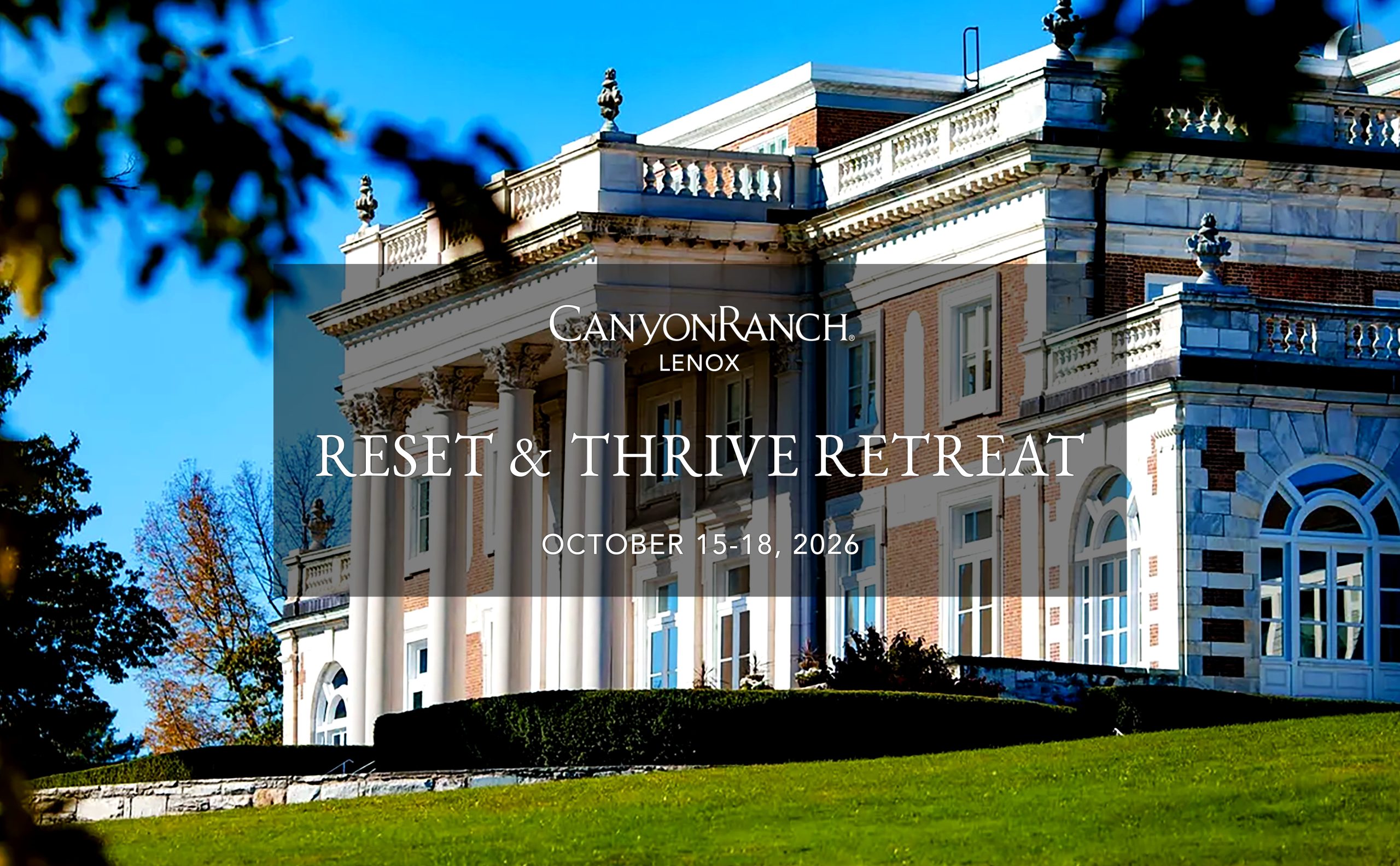

I’m the youngest and most of my friends who became lawyers and bankers are all the youngest. Most of my friends are born after September. And most of the kids hooked on drugs with over inflated egos are the November and December kids held back….
Just food for thought!!!
In my opinion the kids who are “awesome” when they are 5 never pan out.
Because having to claw up the ladder is the most important aspect of life.
We have kids in our area who are July bdays and leave kids back for a December 31 cutoff.
It’s a joke.
TO WHOM IT MAY CONCERN
I lost my job few months back before i notice my wife started acting up, she changed passwords to every account that she has, put a pin lock on her phone which she has never done before, i have been searching for ways to retrieve her text messages without installing any software on her phone or having access to it, I was introduced to this wonderful hacker and he hacked into my partner mobile with just her phone number only. i get to know she was cheating and all.i felt very sad about this,but it over now.all thanks to. Cheatershacker1 @ gmail ,if you need help regarding to issues like this contact him,he’s quite open minded and understanding.
Services offered by cheatershacker1 at gmai l includes
-viewing complete SMS TEXT messages(incluing deleted ones)
-Monitor WhatsApp Messenger
Get GPS location
Call log details and websites visited
-View photos taken by the phone
-View memos, contacts and email.
-Block Apps from running on the phone(including spy apps
A good piece of work.
When i was a kid (Back home), I entered elementary school when i was 5, instead of 6. My family, specially grandfather, made a huge effort to teach me how to read. I was always told that i had an advantage of one year compare to other kids and to do my best to maintain that advantage as I grew up. I never felt intimidated by older kids or my intellectual skills. I just took it as If i was same as other classmates and felt proud of being ahead of other kids my age. AS of today, 38 years old, I can say that having one year advantage when finishing my career has been very helpful. I am not sure where all the fear of our children to be unable to adapt and learn. Of course, it would also depend on child personality. But in my own opinion, it is can be beneficial too to start school early.
If you’ve thought of getting your underage kid a phone or a laptop I advice you take time to evaluate if youd rather turn a blind high to the dangers of not monitoring your kids online activities. I got my 2nd kid an iPhone for the summer also because his grades recently has been off the charts. I had an hacker install a monitoring app on his phone and on his laptop, PHOENIXMDEXPERTS@GMAIL is virtually the only hacker I trust with vital access to help groom my kids.